
Seniors How to Protect Yourself
Self-Defence For Seniors. Everybody deserves to feel safe and secure in public spaces – especially older adults. There’s a greater need now than in years past for self-defence. While older adults might not need to use self-defence tips on a regular basis. However, memorizing them can help provide a sense of confidence when in an unsafe situation. Sometimes, having a strong self-defence foundation, even if you never use it, can alleviate stress. So then, self-defence knowledge can bring a physical and mental health boost. Similarly, tools like medical alert systems can provide a sense of safety and security against the threat of falling.
Consider Self-Defence Training For Seniors
Self-Defence For Seniors. Seniors are particularly vulnerable to property crimes. In fact, a report from the U.S. Department of Justice notes that over 90% of all crimes against seniors were theft or burglary. Also, younger people are more likely to be victims of violent crimes, but seniors are still at risk.
As we age, our bodies become less physically reactive. Here, learning some self-defence tactics can help put your mind at ease. It’s not very likely that you’ll need to put what you learn to use, but you will be prepared if you ever feel uncomfortable or threatened.
Self Defence Training
Self-Defence For Seniors. Self-defence training can also increase your confidence. In an ageing body, a confidence boost is actually very important and can return some autonomy to seniors. But it’s important to remember that self-defence training isn’t just for worst-case scenarios. Consequently, you’ll gain tons of other physical benefits, like coordination, flexibility, balance, and strength. Feeling prepared and safe in the world can reduce stress and could improve your mental health.
Learning self-defence techniques will help develop a keen awareness of your environment. And an ability to identify potential threats to your safety. In addition, you will feel prepared to address threats from a myriad of sources in public. Hence, one of the most valuable things you can learn is how to reduce your chances of becoming a victim.
How To Avoid Being Targeted
Self-Defence For Seniors. The best way to stay safe is to prevent an attack before it happens. And if we think about attack prevention, in the same way, we think about fall prevention. So then, you will have your training in case of an attack. Also, a medical alert system in case of a fall. But you should have these tools available in case you need to use them. These strategies work together to bring you a greater sense of safety.
You can avoid being targeted by focusing on your body language. The way you move through the world is a significant tell for those on the offensive. Assailants look for a specific set of mannerisms and bodily cues in their victims.
Avoidance
- Avoid using a phone or map while out walking. Looking down signifies that you are distracted and not paying attention to your surroundings. You can study your route before leaving and if you need help stop in at a store for navigational support.
- Regularly scan around you in order to be aware of your surroundings. This practice allows you to have a greater sense of possible threats.
- Walk with confidence.
- Use good posture. Hunching over or lowering your gaze suggests that you are fearful and makes you more prone to being a victim.
- Consider making eye contact with the people around you. Keep it brief. The best tactic is only to demonstrate awareness.
- Stay in populated, familiar, and/or well-lit places at night. You can also use mini flashlights or other devices on your keyring to make you feel safer when it gets dark.
- Try to operate under the radar. This means putting away valuables and anything that might draw attention to you in a crowd.
- Wear a personal emergency alarm button around your neck, which summons immediate help at the push of a button.
Basic Techniques for Fending Off An Attack
Self-Defence For Seniors. You might need to implement some basic tactics to fend off an assailant. Your own safety is the most important aspect of any defensive technique you employ. If an attacker wants your wallet, money, or other personal effect, give it to them right away. These valuables are worth nothing compared to your life. If you find yourself in this situation, toss the wallet or other items on the ground in front of the attacker. Keep as much space as possible between yourself and the individual.
Strategies
However, a physical altercation might be unpreventable. In this case, you will need a few strategies to best protect yourself:
1. Be loud. Use your voice, personal alarm or whistle. This is a great time to use any keychain devices you might have. Let people around you know that you need help. Sometimes, a noise is enough to ward off an attacker.
2. Use anything you can to fend off the attacker. You can use car keys or anything that you carry in a pocket or bag. If you have a cane, there are several tips for cane self-defence. Stun guns charge your assailant with a high-voltage, non-lethal charge. You can purchase stun guns that look like flashlights or cameras and fit into a small bag. Check with your local laws to see if stun guns are legal in your area. You might need a permit to carry one. Pepper spray, on the other hand, is legal in all states for self-defence. Make sure to check local laws regarding pepper spray strength and size. This easily stowed spray will burn your attacker’s nose and eyes while making it very difficult for them to see.
3. Focus on your attacker’s vulnerable areas. You should aim for the groin, knees, nose, neck, and eyes. Exploiting these sensitive areas can maximize your impact. You will decide which vulnerable area to attack based on your own abilities and how the attacker is positioned in relation to you. Poke your fingers, keys, or knuckles into your attacker’s eyes for a low-input, high-impact defence tactic.
How To Find A Self-Defence Class For Seniors
Self-Defence For Seniors. The next step of your self-defence journey is putting all of these tips and strategies to use. Signing up for formal self-defence training can instil a sense of confidence. You will get tons of practice with other students, which is more realistic than practising on your own. Learning these strategies with a group can help you feel more empowered and motivated. Your teacher can also provide help if you are struggling with any part of the practice.
Your community likely has several options for self-defence classes. Check with the public library, senior centre, police department, or YMCA to see about their offerings. Martial arts schools are another viable option, especially for women-only classes. Many of these schools now offer senior-specific classes. Think about whether a senior-specific or gender-specific class might work best for you.
Self Defence Classes
Ready to sign up for a self-defence class? These tips can help you find the right class for your needs and abilities:
- Look into the instructor’s background. Do they have credentials or certifications? Do they have knowledge of street attacks?
- Check if the strategies and tactics are adaptable for older students.
- Prioritize classes that include situational awareness in addition to strategies for talking down an assailant.
- Make sure the training is brief. If you feel dedicated to a long-term self-defence practice, then try to find courses through a martial arts school. Otherwise, self-defence training workshops should be on the shorter side.
- Find a self-defense training option that’s within your price range. Some places offer these courses free of charge.
- Watch a class before you sign up to take it. This way, you can make sure you’re comfortable with the techniques and how they are taught.
Personal Alarms and Medical Alarms
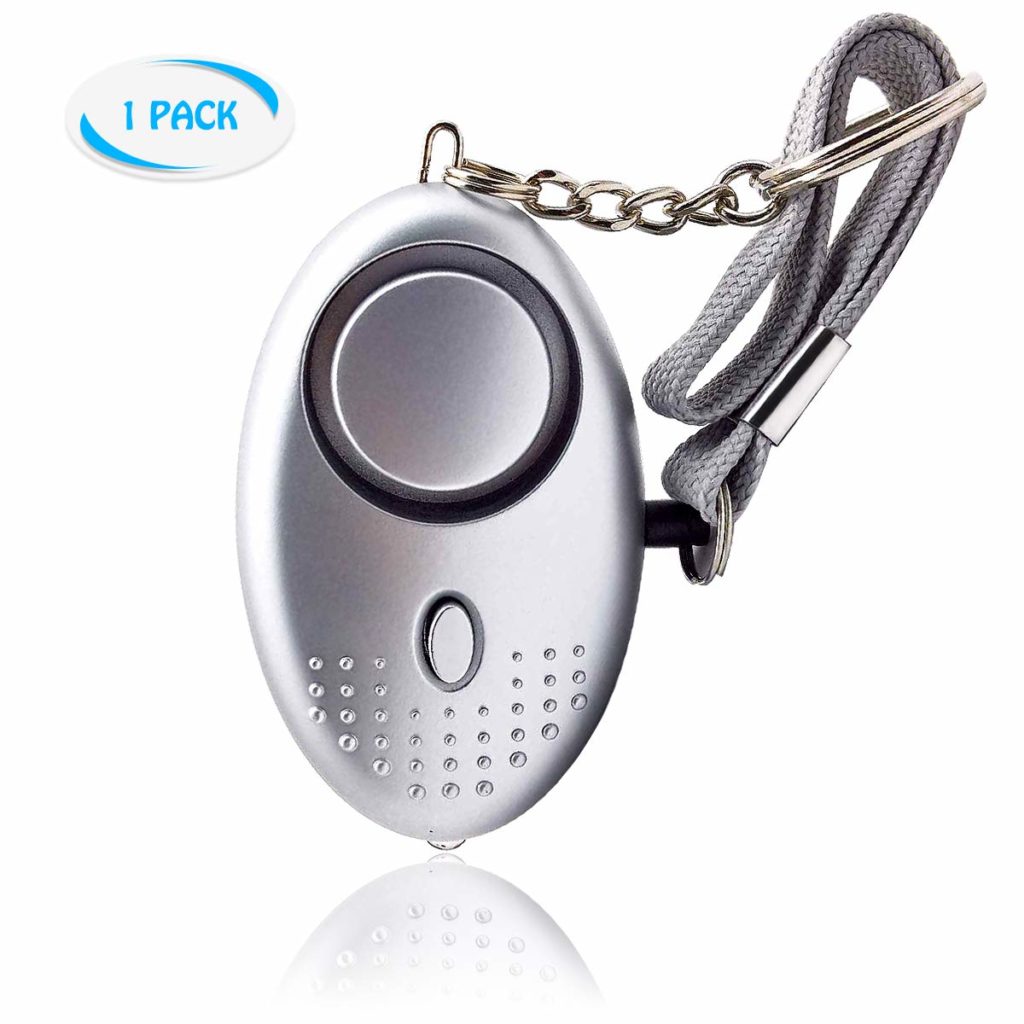
Self-Defence For Seniors. Prevention is the best method for staying safe, both in self-defence and for falls. However, prevention does not always guarantee safety, no matter how much you prepare. Pensioner Fitness encourages members to engage in self-defence training for potential attacks but to also purchase a personal alarm and a medical alert system.
Self-defence training empowers you. And a personal alarm. can often deter an attacker. However, a medical alert system provides you with a sense of security in your home and out and about. It will also get you aid should you be injured from an attack or a fall.
A medical alert system is a great addition to your self-defence plan. Also, once you press the button of your emergency alarm. Immediately, you will be connected to a trained agent on a response team at a 24/7 Command Center. In addition, the agent will stay on the line with you until help reaches you.
Your safety is priceless. So then, alarms and medical alerts are great for aiding in an emergency. Whether in the home or on the go, you’ll have the peace of mind to move confidently. Fall detection technology also available, provides an extra security boost—if you are unable to press the button, these devices will automatically connect you to the Command Center if a fall is sensed.
Using Self Defence Aids
If you decide to get a self-defence aid, please ensure it is legal, before you buy it. For example, stun guns are not legal in many countries, but pepper spray is in most places legal. Medical alert systems require a subscription and can be costly. Canes for self-defence are a very effective aid to protect you, cane defence for seniors
In Conclusion
Your personal safety and security are an absolutely high priority for you. Even a shrill whistle can be enough to deter an attacker or draw attention if you fall. A stout cane can be awesome if you know how to use it. Not everyone can afford a medical alarm subscription but they are very good if you can. You have choices so think carefully about your own personal needs to keep you safe.
Important Note *
Remember that everyone is different, it is ultimately YOUR RESPONSIBILITY to find what your body responds to. So please do your due diligence before trying anything new, including getting Medical Advice to ensure your safety and peace of mind.
Connect with me and leave a comment or two on my social media.
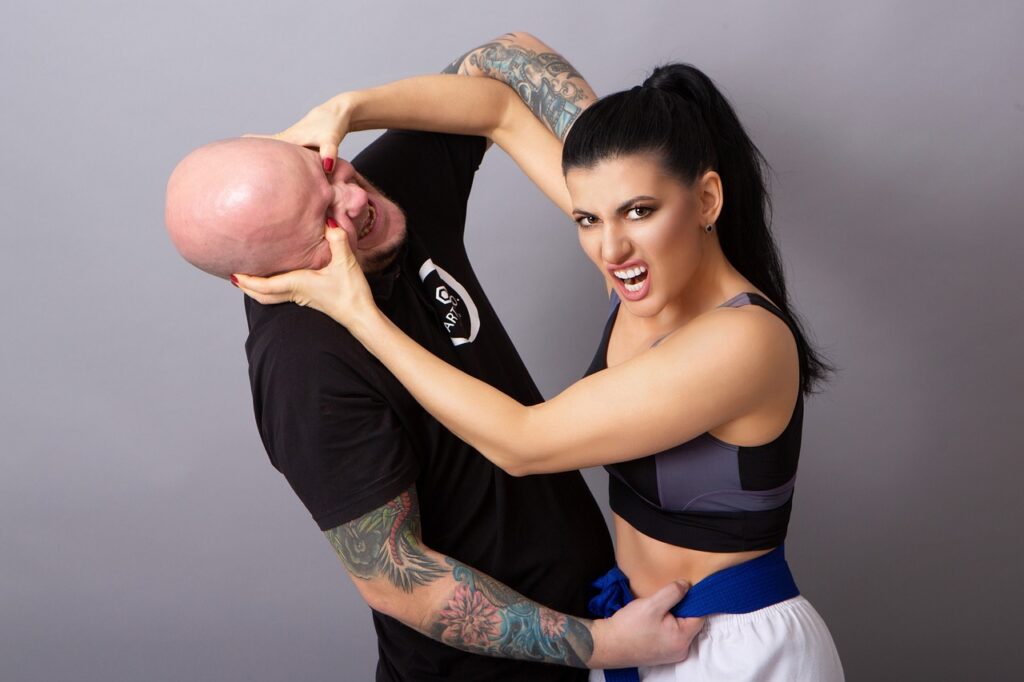
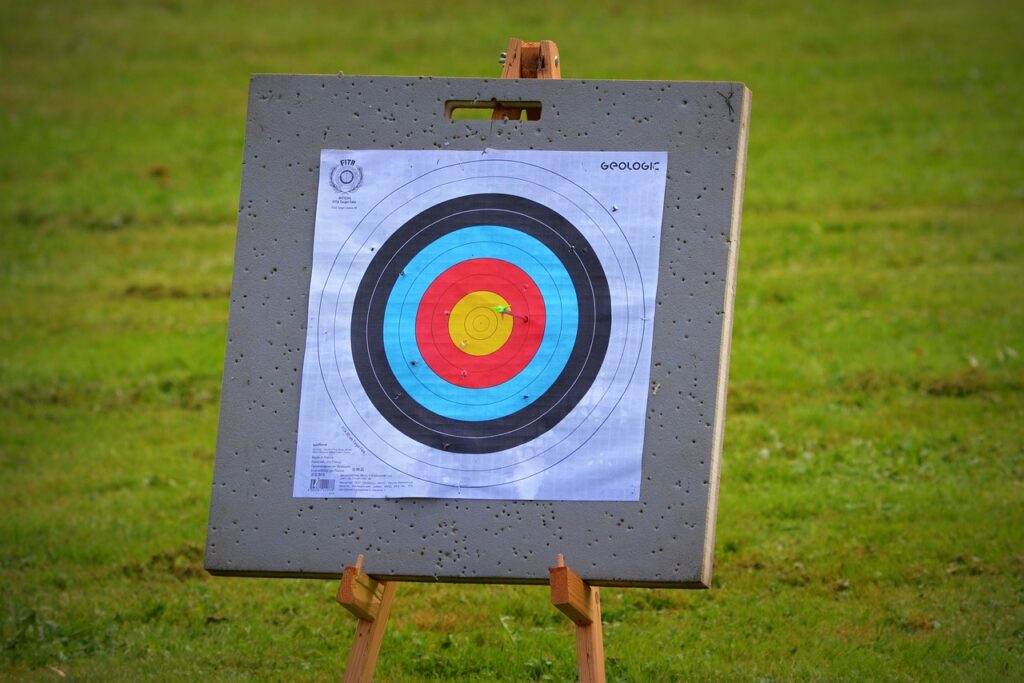
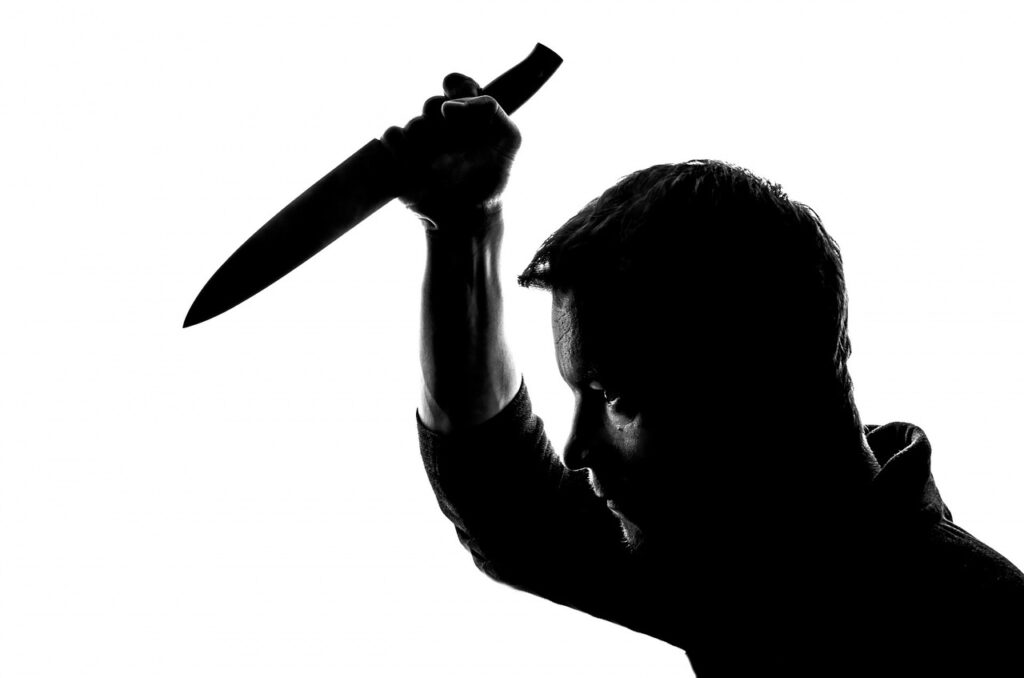
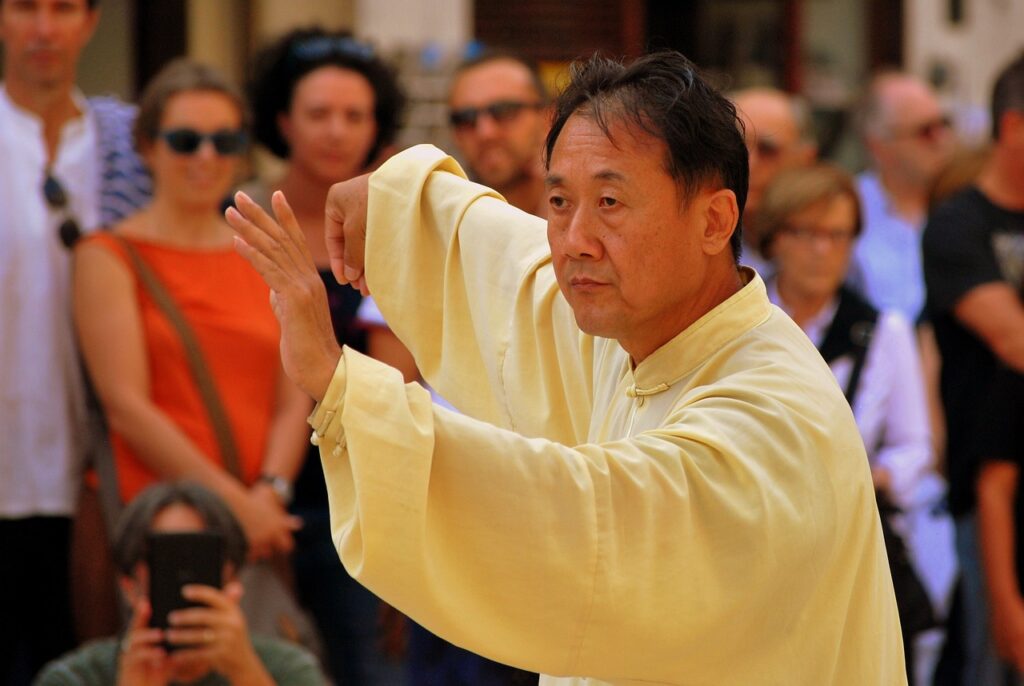
4 replies on “Self-Defence For Seniors”
Thanks for this timely information, Ian!
Thank you William, I appreciate your comment, all the best Ian
We truly appreciate your guidance and the thoughtfulness you’ve extended. It matters greatly to us.
To 44549League, Thank you for your kind words, All the very best, Ian